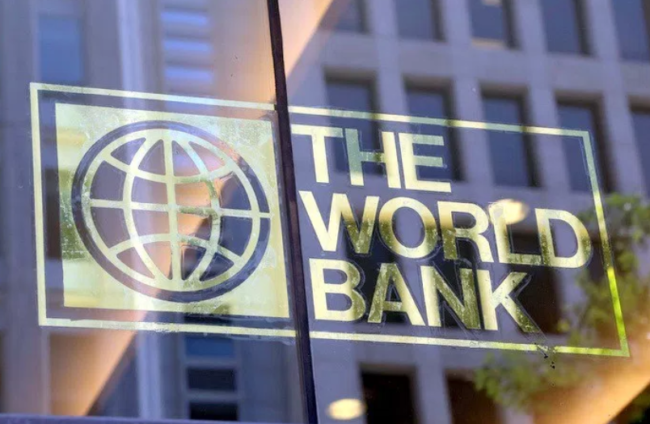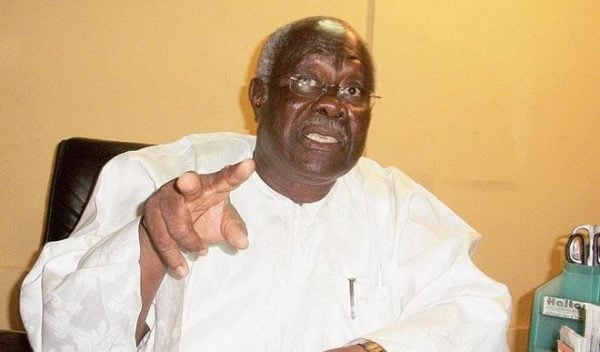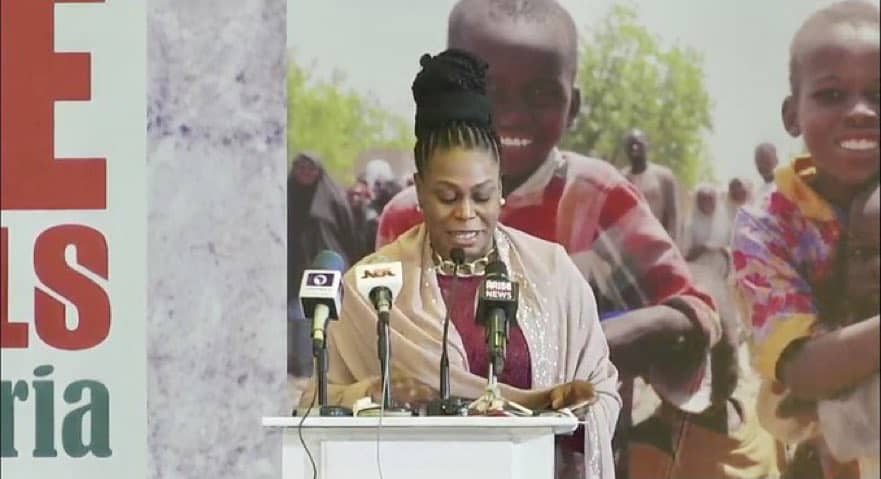The World Bank has approved a $700 million credit facility to improve Nigeria’s landscape to withstand adverse climatic impacts.
A statement issued in Washington noted that the fund was launched under the ‘Nigeria Agro-Climatic Resilience in Semi-Arid Landscapes (ACReSAL) Project’.
According to the statement dated December 14, the project will improve Nigeria’s capacity to adapt to a changing climate by enhancing multi-sectoral convergence across environment, agriculture water and technology.
The World Bank said climate change has caused persistent water shortages, unproductivity of crops, exacerbated land degradation, desertification and habitat loss.
Advertisement
“Resource shortages, violent conflict, outdated agricultural systems not adapted to changing dryland conditions, lack of access to finance, weak value chain linkages, an uncompetitive environment for agribusiness, and poor market access are other key barriers to increased agricultural productivity in Nigeria,” the statement reads.
“Better environmental and water resources management and resilience against disaster and climate risks (largely water-related) are needed to sustain economic growth and protect the most vulnerable.”
Shubham Chaudhuri, World Bank country director for Nigeria, said the project will help Nigerians adapt to the revolving dryland conditions
Advertisement
“This scenario not only threatens food security, livelihoods and productivity, but also exacerbates fragility and increases the risk of violence,” he said.
“With communities and households that are most dependent on natural resources for their survival and vulnerable to desertification, this intervention will improve multi-sectoral watershed planning and investments to help about 3.4 million direct beneficiaries adapt to evolving dryland conditions.”
Joy Agene, ACReSAL project team leader, said the project would specifically target the inclusion of vulnerable and marginalised groups, including women, youths and the elderly.
“This will help reduce the vulnerability of millions of the extreme poor in northern Nigeria, strengthening their own role in the management of their natural resources,” she said.
Advertisement
“It will also address land degradation, strengthen climate resilience, and lessen livelihood vulnerability in dry, semi-arid and dry sub-humid regions in the northern states.”
The six-year project will prioritise actions within four components including: dryland management, community climate resilience, institutionalised strengthening and project management.
Add a comment





